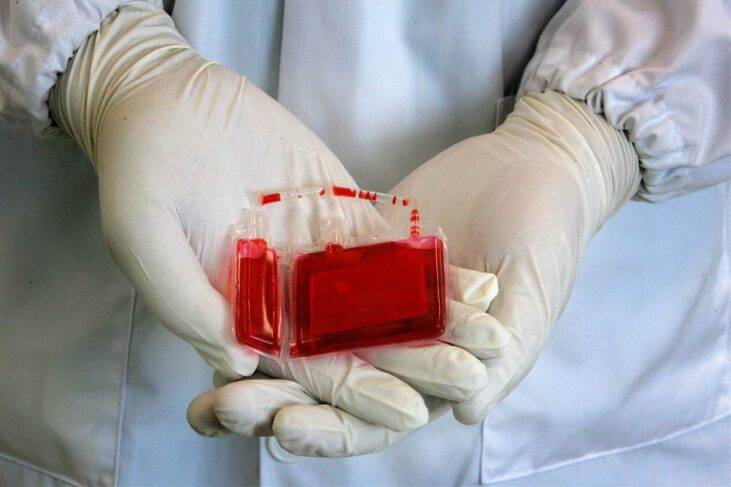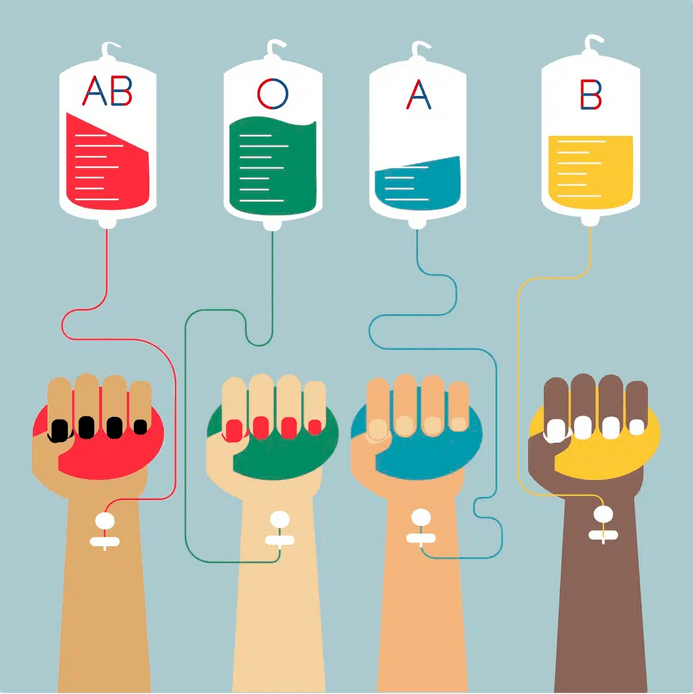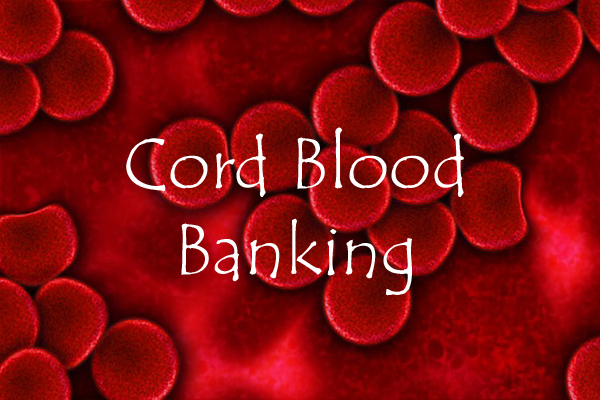
9 Questions to Ask Cord Blood Bank
Cord blood is collected at the time of childbirth and can be used for a variety of purposes. Cord blood cells are more easily available than other sources of stem cells and they don’t need to be ethical approved because they’re all natural. They’ve been shown to work as well as bone marrow stem cells in the treatment of a variety of diseases.
How likely is it that another family member can use my baby’s stored cord blood?
The likelihood of a family member being able to use your baby’s cord blood depends on how many stem cells are collected, the disease being treated and the compatibility between the cord blood and the recipient. However, studies show that transplants from cord blood are as successful at treating disease as transplants from bone marrow so there is a good chance that another family member may be able to use your baby’s stores in the future.
What is cord blood banking?
Cord blood banking is the process of storing cord blood for future use. Cord blood is rich in hematopoietic stem cells(HSCs) which give rise to other blood cells. Storage of cord blood at birth has many advantages such as easy accessibility and no ethical approval needed. Cord blood has been shown to be effective as bone marrow stem cells in treating diseases.
Adverse Effects in Transplantation
There is a small risk of adverse effects following cord blood transplants. These can include infection, graft-versus-host disease, and bleeding.
How can I find other information about cord blood banking and transplants?
The National Cord Blood Program provides information on cord blood banks and transplants. Cord Blood Registry is a private bank that maintains contact listings of available units. The American Society of Hematology (ASH) also fulfills the function of providing information on these topics.
What is the Likelihood That My Baby Will Use the Privately Stored Cord Blood at a Later Date?
Your baby’s chance of using their privately stored cord blood at a later date is dependent on many factors. It can be used to treat diseases, and the chance of successful treatments are about as good as if you use bone marrow transplants.
Collection and Storage – How Can I Donate Cord Blood to a Public Cord Blood Bank?
Cord blood is stored in a cryogenic freezer, with liquid nitrogen vapor preserving the cells and keeping them viable. The cells can be stored for many years and there are private services to save your baby’s cord blood for use only by your family.
Why Should I Consider Saving My Baby’s Cord Blood?
There are a number of reasons to collect your baby’s cord blood from the umbilical cord. Cord blood is a rich source of hematopoietic stem cells, which are primitive cells that give rise to all the other blood cells. In addition to HSCs, cord blood contains other important cells, such as red blood cells and platelets. First, it is readily available and can be collected at the time of birth. Second, cording is easily accessible and does not require ethical approval for use because it is a natural product. Lastly, research has shown that cord blood stem cells have been just as effective in treating diseases as bone marrow stem cells.
How Do I Find a Reputable Private Family Cord Blood Bank?
Looking for a reputable private family cord blood bank? Ask your healthcare provider, search the AABB accreditation’s, or seek out a referral.
Is Cord Blood Transplantation Limited to the Treatment of Blood Diseases?
Cord blood goes beyond the treatment of blood diseases. It can be just as effective as bone marrow in treating leukemia, lymphoma, and cerebral palsy.
Can Privately Stored Cord Blood Later be Donated to a Public Bank?
Yes, privately stored cord blood can later be donated to a public bank.
Medical Uses of Cord Blood
Studying stem cells from cord blood has shown that they are as effective as those from bone marrow, and can be used for the treatment of a number of diseases, including diabetes, Alzheimer’s disease, and Parkinson’s disease.
Is There a Fee For Saving My Baby’s Cord Blood in a Private Family Bank?
It costs around $1,000-$2,000 to save your baby’s cord blood in a private family bank.
Public Cord Blood Banks
The National Cord Blood Program (NCBP) and the Cord Blood Registry (CBR) are two of the most well-known public cord blood banks.












